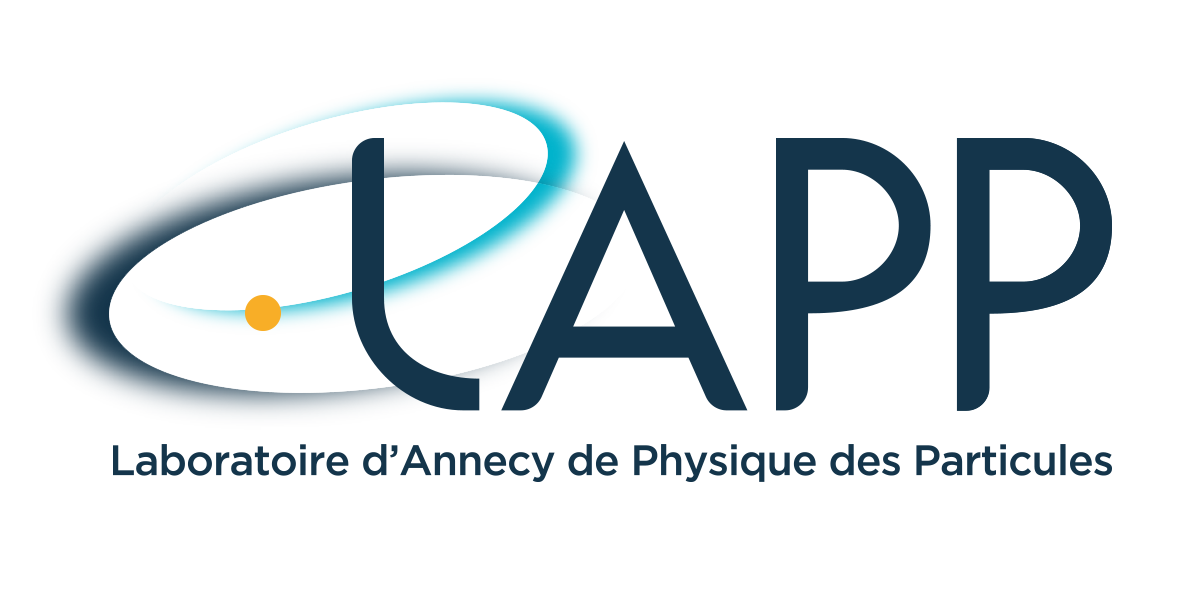MUST team mobilized against COVID-19
Contacted last March 17, the computer scientists of the team in charge of the Mesocenter for Computing and Storage at the University of Savoie Mont Blanc (MUST), responded to the call of the scientific community which is today mobilizing against COVID-19.
Exceptionally, the resources of the digital platform will be mobilized in the coming days by Bruno Canard, a specialist in viral replication of RNA viruses at the Architecture and Function of Biological Macromolecules (AFMB) laboratory in Marseille.
In order to proliferate within an organism, a virus such as SARS-CoV2, which is at the origin of COVID-19, defeats the immune mechanisms of its host cell. To do this, it uses a set of mechanisms involving enzymes for replicating its RNA: it is these enzymes that are studied by biologists in Marseilles. These enzymes, expressed by the virus, become potential targets for the development of antiviral drugs.
“The computing power of MUST will be used for in-silico screening,” comments Frédérique Chollet, technical manager of the digital platform. “In other words, to select from a database of several million molecules, those that meet very precise specifications and that could attack the five enzyme targets defined by Bruno Canard. »

To carry out this work dedicated to biomedical research, MUST will be mobilized for several weeks by the “Biomed” community, which will submit its computing tasks via the European EGI grid. MUST will work in concert with other mesocentres, notably at the Institut Pluridisciplinaire Hubert Curien in Strasbourg (CNRS – Strasbourg University) and the Centre de Physique des Particules in Marseille (CNRS – Aix-Marseille University). “To implement these large distributed computing infrastructures (grid or cloud), we are constantly collaborating with other sites and we are used to working on common objectives. The mesocentre team was able to adapt the MUST digital platform very quickly to allow Biomed members to access our services”, adds the IT specialist. The first tests have taken place and the virtual screening work will be able to start as soon as the data are ready. Given MUST’s computing capacities, the resources dedicated to research against the Covid 19 should not hinder scientific projects usually mobilizing computer servers. “The monitoring tools we have will allow us to ensure this. Of course, we will do our utmost to make the fight against SARS-CoV2 a priority.
To find out more : find the interview of Bruno Canard in the CNRS newspaper, “Basic science is our best insurance against epidemics“.
As part of the fight against the COVID-19 epidemic, Bruno Canard is also co-sponsor of the research project, “Potentiating existing nucleoside therapies”, one of the twenty initiatives selected in mid-March by the REACTing scientific council, a multidisciplinary consortium coordinated by Inserm and bringing together teams and laboratories of excellence aimed at preparing and coordinating research against emerging infectious diseases. It received support from the Ministry of Solidarity and Health and the Ministry of Higher Education, Research and Innovation.


